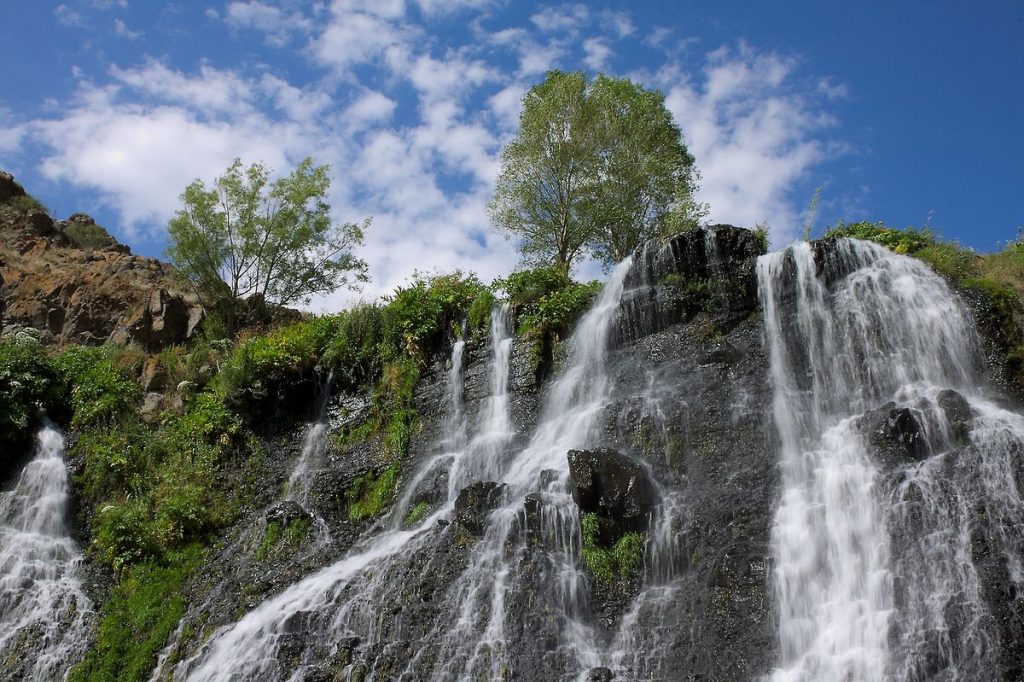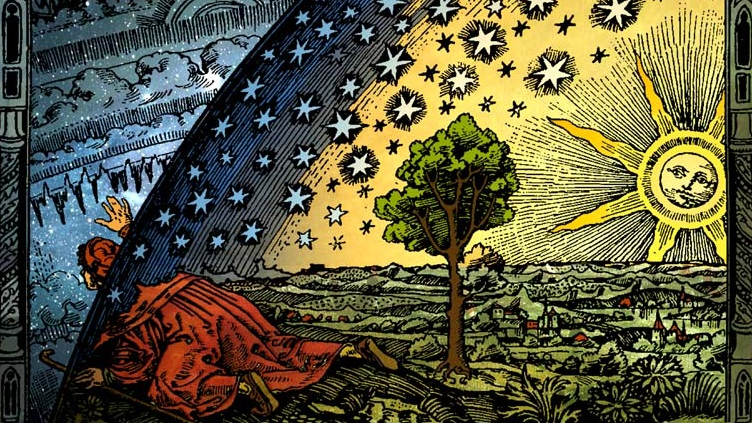On this Earth Day, as a global pandemic strikes fear into the hearts of billions of people, it’s time to declare one of the most wrongheaded ideas in human history stillborn: “The Anthropocene Age.”
The Anthropocene Age is a pseudo-scientific philosophy of putting man at the center of creation, while denying any mystery or meaning to creation, and declaring “the frightening neutrality of nature.”
Many academic philosophers promote the half-truth that “nature doesn’t care about anyone or anything, except passing genes into the next generation.” But their worldview flows from and feeds into an all too conventional and perversely comfortable nihilism.
That isn’t to argue that nature cares about us as individuals, or cares about humanity for that matter. It’s simply to challenge the worldview of philosophers who believe there is nothing beyond the mind of man because they are men enthralled with the mind, beginning and ending of course with their own.
Never having experienced a moment of transcendence, of sublimity beyond what the human mind can conceive, most academic philosophers imagine that the state of stillness, transcendence and immensity is nothing but imagination. In the final examination however, their projection of nihilism onto nature is just tedious.
Talking about the metaphysical purposelessness of the coronavirus pandemic is shorthand for insisting on the metaphysical purposelessness of the universe and life itself. It’s facile, and it’s specious.
“Darwinian evolution is true, but it’s also a cold metaphysics,” intones a philosopher who doesn’t want to go anywhere near thorny metaphysical questions. The first part is irrefutable scientific fact. The second is a sloppy, unconscionable leap for any thinking person, much less a supposed philosopher.
Philosophers worth their salt ask questions, even when, indeed especially when they have insights into the questions they ask.
Here’s a big one that I’m grappling with: The movement of darkness, which is generated by human consciousness, pervades human consciousness as never before. Is there a movement of intelligence within human consciousness, coming from beyond human consciousness? And can it prevail?

A more astute philosopher, who doesn’t begin his piece by writing, “Nature doesn’t care about you,” sums up man’s non-relationship with nature in the scientific era this way:
“We kill off tens of thousands of species every year. Our degradation of the land, sea, air and the Earth as a whole grows too quickly for anyone to keep up with. Descend to the lowest values in the culture; it will not help. Let us say the earth is worthless, except for its use to humans. Say the death of millions of the most vulnerable and blameless people is not our concern. The enormity remains, in the unimaginable danger and suffering we are assiduously preparing for our own children.”
“The Anthropocene Age” means that man has become such a dominant force of nature on earth that it requires a special designation, like the Precambrian and the Cambrian Ages. What that hubris does not say, however, is that we are a force against nature, and are rapidly destroying the diversity of life on earth.
Pause for moment and let it sink in: A sentient, supposedly sapient species, which evolved along with all other life, is bringing about only the sixth mass extinction in the entire three and half billion year history of life on earth. The scientific claptrap of the Anthropocene Age does not question how and why that could be.
That is a task for philosophers. I feel I’ve discovered the best explanatory insights for man’s existential conundrum so far, insights that are both distinct from and compatible with scientific facts. The point here however, is that no philosopher worthy of the name can allow the egregious, ill-considered notion of The Anthropocene Age to continue beyond this Earth Day.
Before Einstein, philosophy was both distinct from science and went hand in hand with science. After Einstein, philosophy became such a poodle to science that philosophy became irrelevant.

The emptiness of science without true philosophy, which is distinct from and greater than science, is made plain when a supposed philosopher speaks of “putting our faith in science.” For a philosopher to venerate science in such a way is to belie and betray philosophical inquiry.
We humans have evolved brains that have the capacity to silently commune with the nameless, but are destroying this immensely beautiful planet, and ourselves with it. Those are the horns of the dilemma.
Does nature care? No. Is there a separate God the Father that cares? No. Does consciousness beyond our knowledge permeate the universe? You can find out for yourself.
Martin LeFevre

